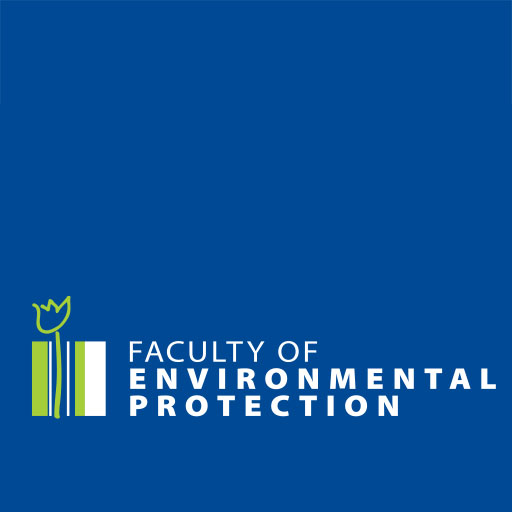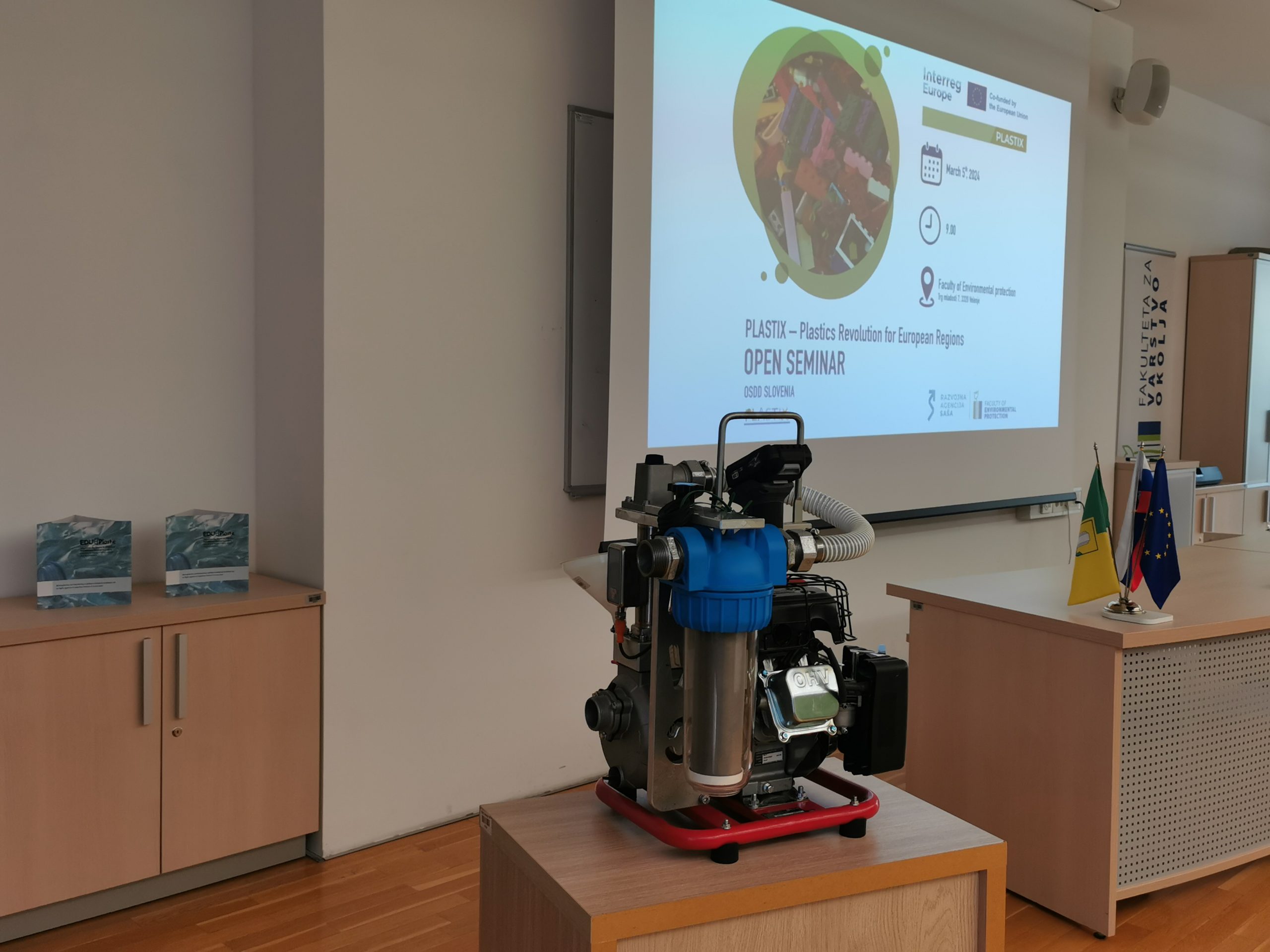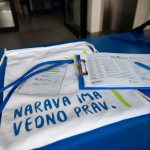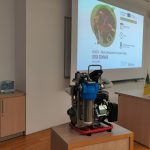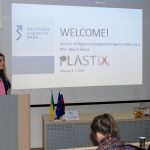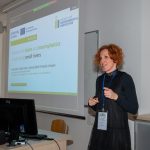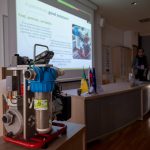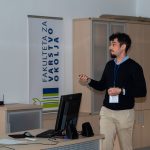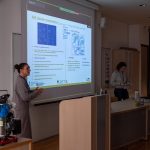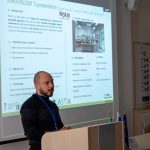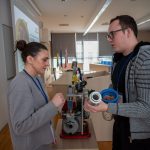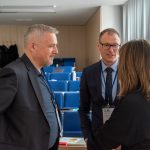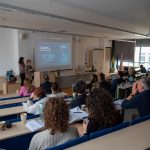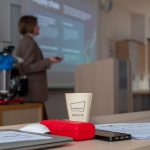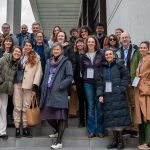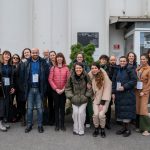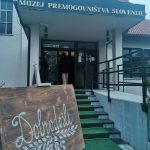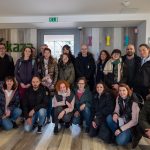Third international open seminar of the Interreg project PLASTIX
Faculty of Environmental Protection (FEP) and the Development Agency of Savinja-Šalek Region (RA SAŠA), participating in the international Interreg Europe project PLASTIX – Plastics Revolution for European Regions, organised the 3rd partner and stakeholder meeting OSDD Slovenia (On Site Deep Dive) in Velenje on 5 and 6 March 2024. In addition to partners from 6 European regions (Catalonia, Fryslân, Lombardy, Savinja-Šalek Region, Tampere and Värmland) and their guests, the seminar also brought together companies, institutions and organisations working in the plastics industry. They presented examples of good practices that are leading the way towards a greener, climate-neutral circular economy in plastics. All European regions are facing similar challenges related to plastics, so exchanging good practices, showcasing innovations and networking with each other are key to improving regional policies that facilitate the transition to a resource-efficient, green and competitive low-carbon economy. At the seminar, the FEP research team presented their project research activities, first focusing on their own prototype for sampling microplastics in small rivers and the results of its initial testing, and secondly, on the field survey of riverine litter.
Plastic is an important material in our economy and plastic products make our everyday lives easier. But most plastics are still produced from fossil fuels, so there is an urgent need to tackle the problems that the production, use and consumption of plastics pose for the environment today. A decisive shift towards a more prosperous and sustainable plastics economy could bring many benefits and requires, in particular, investment in the development of advanced recycling technologies, increasing the reuse of plastics, the use of bio-based raw materials and the exploration of alternative packaging materials. Reducing plastic pollution in aquatic ecosystems, with a focus on microplastics, is also crucial. Indeed, the millions of tonnes of plastic waste that end up in the oceans every year are one of the most obvious and worrying signs of these problems and are a cause of growing public concern.
Monitoring microplastics in rivers is crucial to understanding the ecological and human health risks associated with plastic pollution. We need to be aware that 80% of all plastic waste found in the oceans originates from land-based activities, with rivers being one of the key transport media for plastic particles. Although large rivers may have a greater overall contribution to microplastic pollution, smaller watercourses and water bodies play a key role in understanding local pollution and identifying sources of pollution.
At FEP, we are proud of our research contribution to the international PLASTIX project. After a year of hard work, we have succeeded in developing our own prototype for sampling microplastics in small rivers. The FEP project team, supported by the technical expertise of the College of Industrial Engineering Celje, developed and built a field prototype based on the use of a filtration system with a portable water pump, with small upgrades to allow accurate monitoring of the physico-chemical sampling conditions. The advantage of such a system lies in the independence of the measurements from the water flow and sampling site depth, and the control over the amount of water filtered, which makes the measurements more accurate and representative. The system is mobile, easy to use and maintain, time and cost efficient, and versatile for use in other water bodies.
The full report of the 3rd OSDD meeting in Slovenia can be found HERE.
